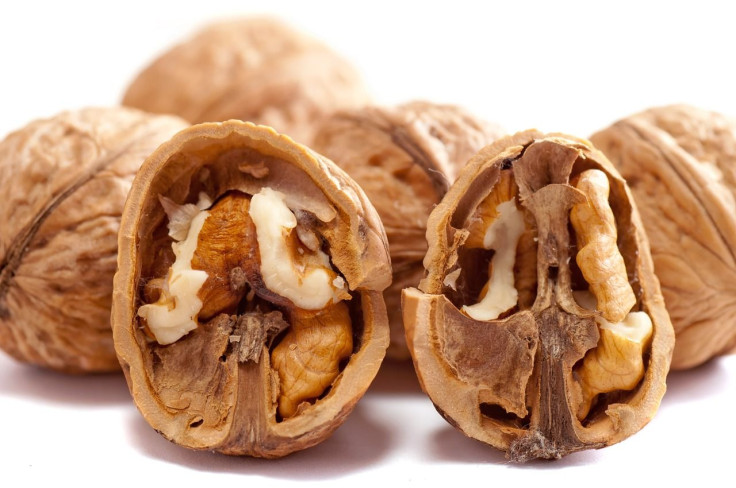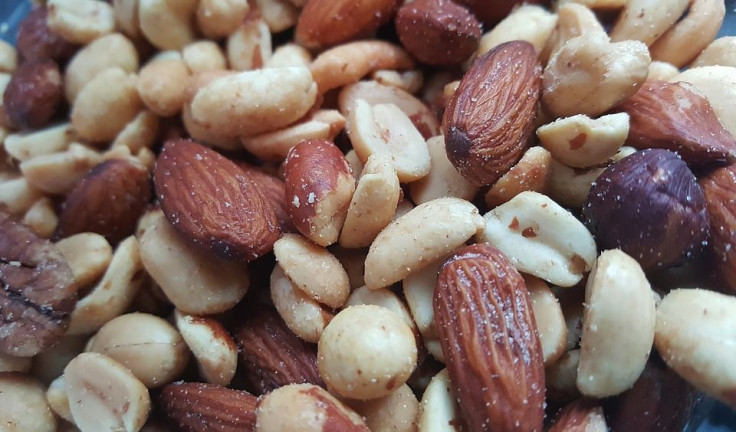Can Eating Nuts Lower Fatal Stroke Risk?

A study presented at the ongoing ESC Congress 2019 in Paris, France suggests eating nuts at least twice a week is associated with a 17 percent lower risk of death from cardiovascular disease (CVD). ESC is the world's largest cardiovascular conference.
This study, which took place in Iran, examined the association between nut consumption and the risk of cardiovascular disease and death in the Iranian population. It involved 5,432 adults aged 35 and older with no history of cardiovascular disease. These participants were randomly selected from urban and rural areas of the Isfahan, Arak and Najafabad counties in Iran.
Participants or family members were interviewed by the research team every two years until 2013 to uncover the occurrence of cardiovascular events and death. Specific outcomes investigated were coronary heart disease (CHD), stroke, total cardiovascular disease, death from any cause and death from cardiovascular disease.
The median 12-year follow-up revealed 751 cardiovascular events (594 CHD and 157 stroke), 179 cardiovascular deaths and 458 all-cause deaths.
The study found that eating nuts two or more times per week was associated with a 17 percent lower risk of cardiovascular mortality compared to consuming nuts once every two weeks.
Researchers said the connection was robust even after adjusting for factors that might influence the relationship. Among these key factors are age, gender, education, physical activity and smoking. Nut intake was inversely associated with the other outcomes but lost significance after adjustment.
"Nuts are a good source of unsaturated fat and contain little saturated fat," Dr Noushin Mohammadifard of Isfahan Cardiovascular Research Institute, study author, said.
"They also have protein, minerals, vitamins, fibre, phytosterols, and polyphenols which benefit heart health. European and U.S. studies have related nuts with cardiovascular protection but there is limited evidence from the Eastern Mediterranean Region."
ESC guidelines recommend 30 grams of unsalted nuts per day as one of the characteristics of a healthy diet. It also noted the energy density of nuts is high.
Dr Mohammadifard said raw fresh nuts are the healthiest. He said nuts should be fresh because unsaturated fats can become oxidized in stale nuts. The oxidation makes these nuts harmful to human health. He said one can tell if nuts are rancid by their paint-like smell and bitter or sour taste.
Iranians are among the world’s biggest producers and consumers of nuts. Nuts and fruits are typically offered to guests in Iranian homes. Iran ranks first in fruit production in the Middle East and North Africa.
It grows and exports pistachios, almonds, walnuts, raisins, melons, dates, cherries, pomegranates, peaches, citrus fruits and oranges. The country produces more than 1.18 million tons of different kinds of nuts annually. Some 800,000 tons are consumed domestically while the rest is exported.




























